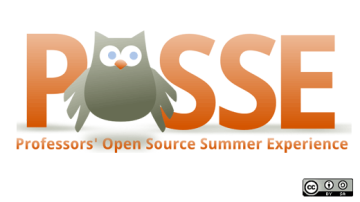
For the last decade Karsten has been teaching and living the open source way. As a member of Red Hat's premier community leadership team, he helps with various community activities in the Fedora Project and other projects Red Hat is involved in. As a 15 year IT industry veteran, Karsten has worked most sides of common business equations as an IS manager, professional services consultant, technical writer, and developer advocate.
Karsten lives in his hometown of Santa Cruz, CA with his wife and two daughters on their small urban farm, Fairy-Tale Farm, where they focus on growing their own food and nurturing sustainable community living.






Authored Comments
Looked through the Git repo & related materials, I'm a bit confused about timeline and process. At this point, is there still room for pitching new content? I'm thinking of various points to make about how open source projects are leading the way with doing infrastructure the open source way; we've got quite a large number of examples at https://www.opensourceinfra.org/ . Just as open source creates and leads the curve on the software side, open infrastructure incorporates and leads the way forward for the type of material and topics in this new IT culture book.
(I've just joined the mailing list so now I can peruse the closed archives; it appears on the face of it that you had things pretty much defined by the time of the open announcement, so I'm wondering if there is still room for more authors, more chapter ideas, or even a new section if what I'm proposing warrants it?)
I'm definitely on board with writing & wrangling here; -ENOTIME is always a problem, but this topic is includes the idea of open infrastructure where you follow the same guidelines as the source code side of a project. Overall this new book sounds like a great convergence of my past work on theopensourceway.org & current work on open infrastructure for Red Hat sponsored projects and as part of the upstream at opensourceinfra.org with folks such as @pleia2 (who recently wrote this article for opensource.com - https://opensource.com/article/17/3/growth-open-source-project-infrastr… .)